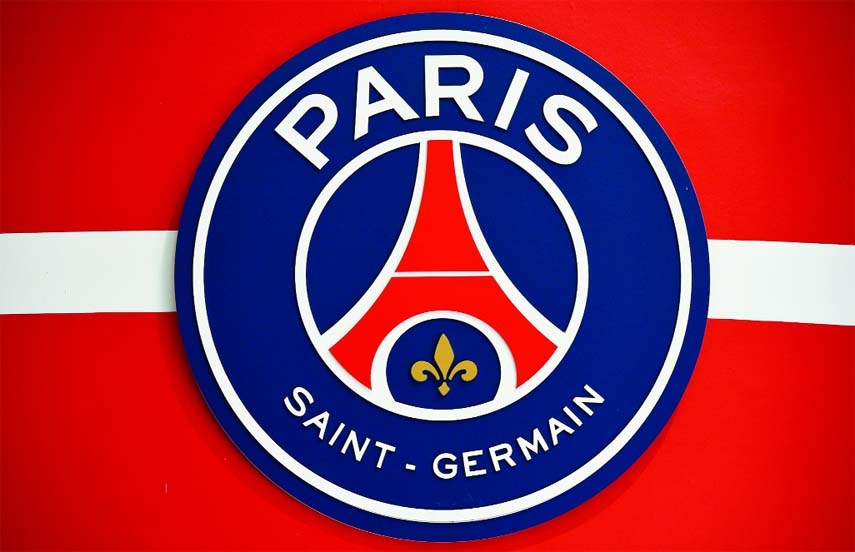
AFP, Paris :
Qatar’s investment in French giants Paris Saint-Germain (PSG), and its use of the club as a central tool for the gas-rich emirate’s soft power diplomacy over the past decade, is unlikely to change after next year’s World Cup, experts predict.
What is Qatar going to do after the tournament? Will it pour money into the club on the same scale, having spent over a billion euros since the 2011 takeover by Qatar Sports Investments (QSI), albeit without winning the Champions League, European football’s holy grail?
This question is quietly mulled by the ranks of French football observers, and in particular PSG supporters, who have seen Kylian Mbappe, Neymar and Lionel Messi
move to the French capital.
In football terms, the sums are huge. Yet it appears almost irrelevant to gas-rich Qatar.
“I think the World Cup is just one part, it’s already a triumph itself for Qatar to have obtained it. But that shouldn’t in any way change their policy,” believes Raphael Le Magoariec, a PhD researcher in geopolitics specialised in the Gulf countries.
Predicting the future and diplomatic strategy of a country is a perilous exercise, experts questioned by AFP warn.
The risks are manifold, and several factors can intervene to change the perspective at any given moment. But the tidal wave ridden by the emirate for nearly 30 years seems well anchored to Qatar’s strategy.
Coined in the late 1980s, the term “soft power” was popularized by the American political scientist Joseph Nye, co-founder of the international relations theory of neoliberalism, who served in both the Carter and Clinton administrations.

